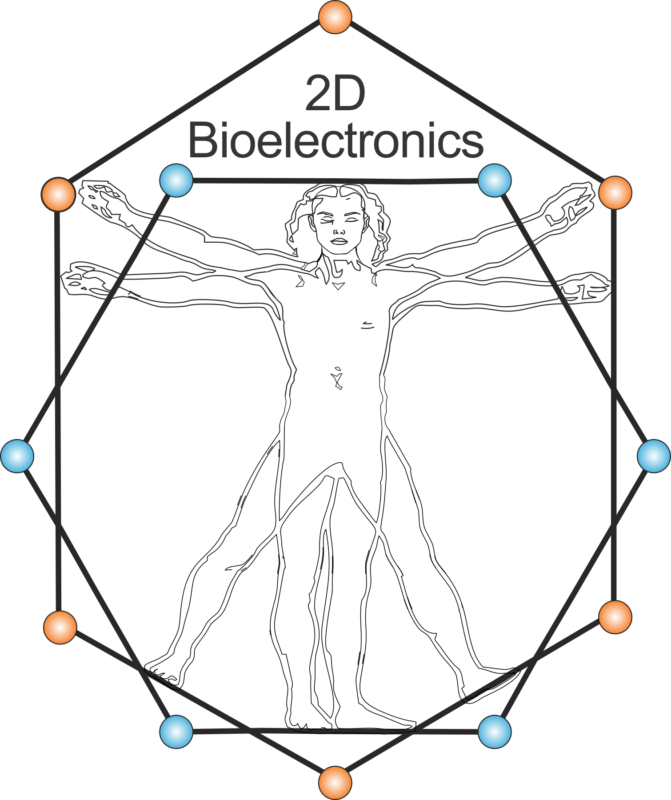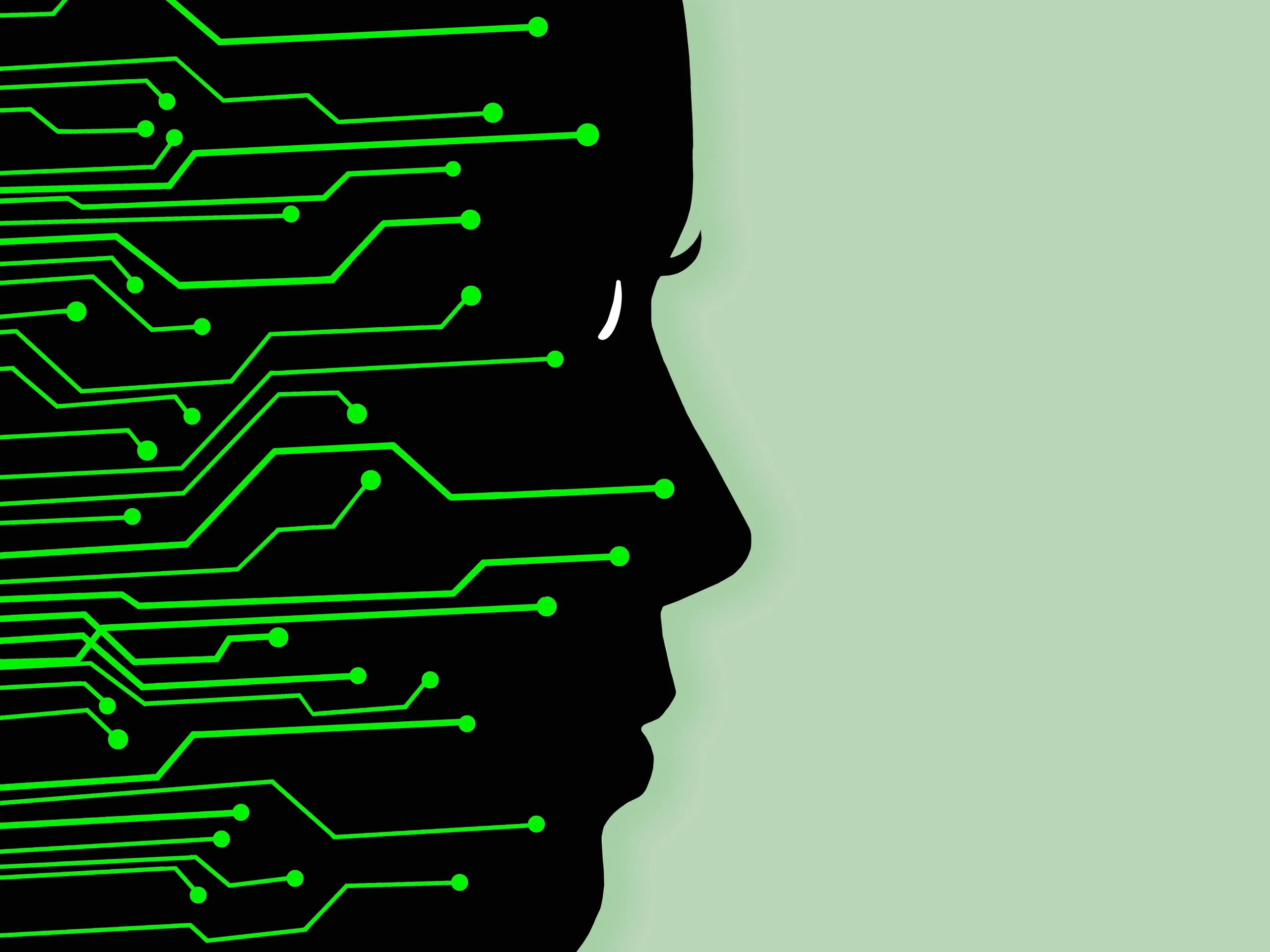2D Bioelectronics Lab
Dr. Dmitry Kireev is an Assistant Professor at the University of Massachusetts at Amherst, starting Fall 2023. Previously, he was a Postdoctoral Research Associate at the University of Texas at Austin. He is working on application of 2D materials (graphene, MoS2, PtSe2 etc) into fields of bioelectronics, neuroprosthesis, and wearable electronics. He finished his PhD work at the Institute of Bioelectronics (ICS-8) of Forschungszentrum Julich, Germany, working on graphene-based devices for bioelectronics. He is a recipient of a prestigious EMM-NANO scholarship and performed his master study in KULeuven and Chalmers University with majors in nanoelectronics.
What do we do
Recent News
December 2025
IEEE - The Top 6 Biomedical Stories of 2025
Our "These Graphene Tattoos Are Actually Biosensors" story is among the top 6 in 2025!
https://spectrum.ieee.org/amp/top-biomedical-stories-2025-2674369475
November 2025
2 papers are published!
Graphene-Based Biohybrid Organoids:
https://www.nature.com/articles/s41467-025-62637-6
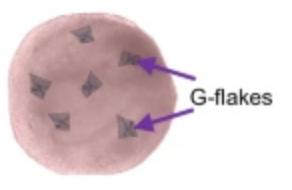
PtTe2-based Neural Implants:
https://pubs.acs.org/doi/abs/10.1021/acsaelm.5c01581
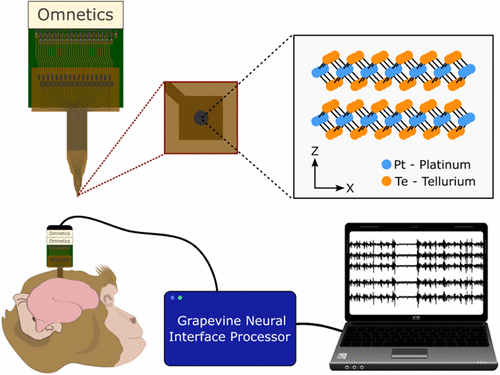
October 2025
NEW Open position for a PhD student - Bioelectronics and Organoids
Apply here: https://forms.gle/nkBQEQKPBnLr6ymu6
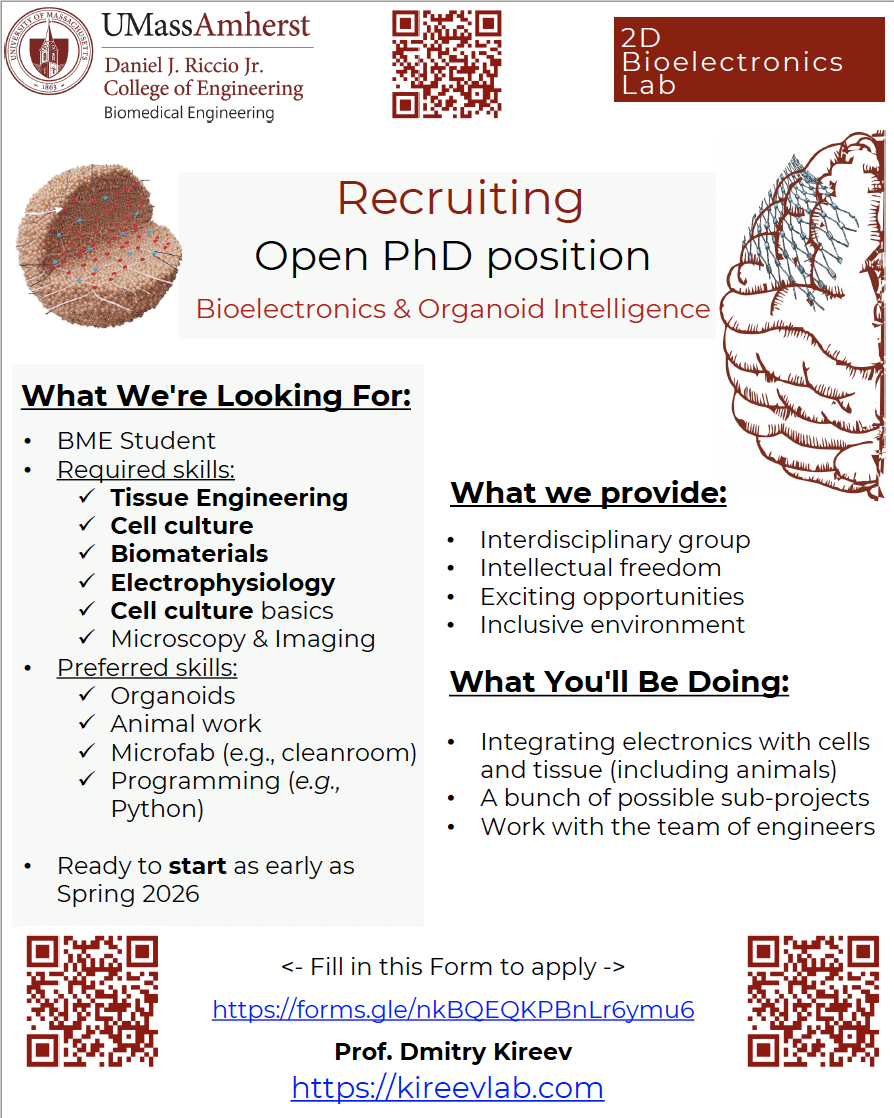
June 2025
Underwater Sensing with Graphene Tattoos - paper published in ACS Applied Electronic Materials
Full Paper Link
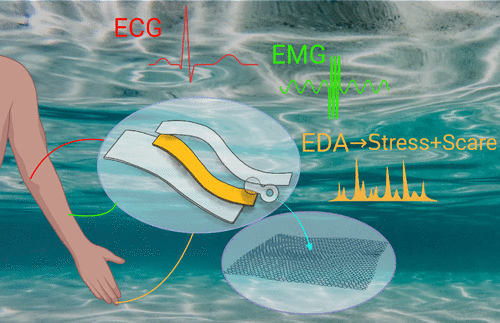
March 2025
February 2025
Squishy bioelectronic circuits - On the Cover of Device - Cell Press
https://www.cell.com/device/issue?pii=S2666-9986(24)X0002-2
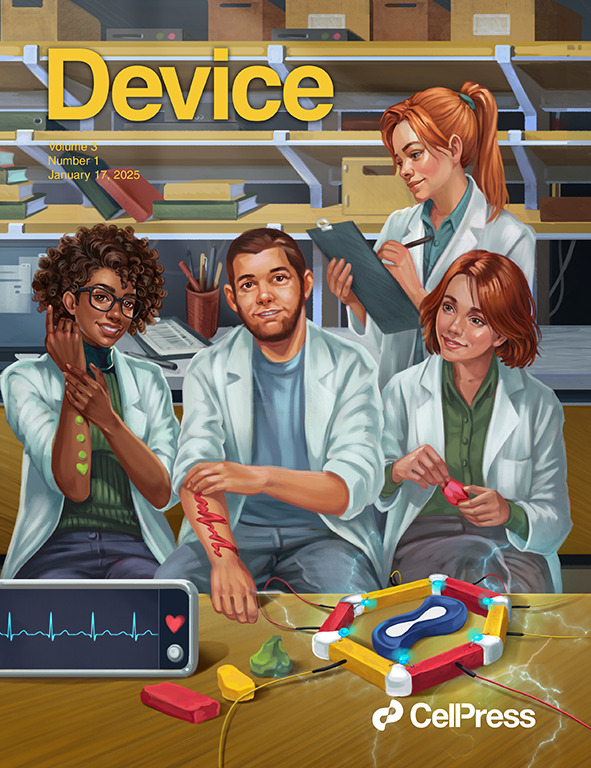
January 2025
Squishy bioelectronic circuits - 1st paper from the lab is published
Thanks to all UG students contributed to the work: Alexandra Katsoulakis, Favour Nakyazze, Max Mchugh, Sean Morris, Monil Bhavsar, Om Tank
Full Paper Link
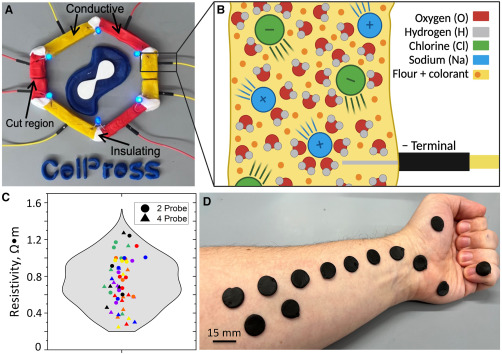
November 2024
Nature Reviews Materials perspective on "Atomically thin bioelectronics" is out
Free access link: https://rdcu.be/dYIbV

October 2024
Batch of Undergraduates Excel in the Lab: Building the Future of Innovation
Welcome Aryan Kulkarni, Nell Woolfolk, Gianna Elie and Dasha Krupysheva!
September 2024
Welcome Imran!
Imran Khan joins the group as a PhD student!
May 2024
Welcome Pritom and Mehdi!
Pritom Choudhury and Md Mehdi Hasan joins the group as a PhD student!
April 2024
Welcome Prashant!
Prashant Narute joins the group as a Postdoctoral Researcher!
April 2024
Open position for a PhD student
Available immediately. Apply as specified in the flyer below:

March 2024
American Heart Association Career Development Award
This award will fuel the multi-faceted development of "graphene bio interfaces" both wearable and implantable with the overall goal to make cardiac care more intuitive, effective, and less invasive.
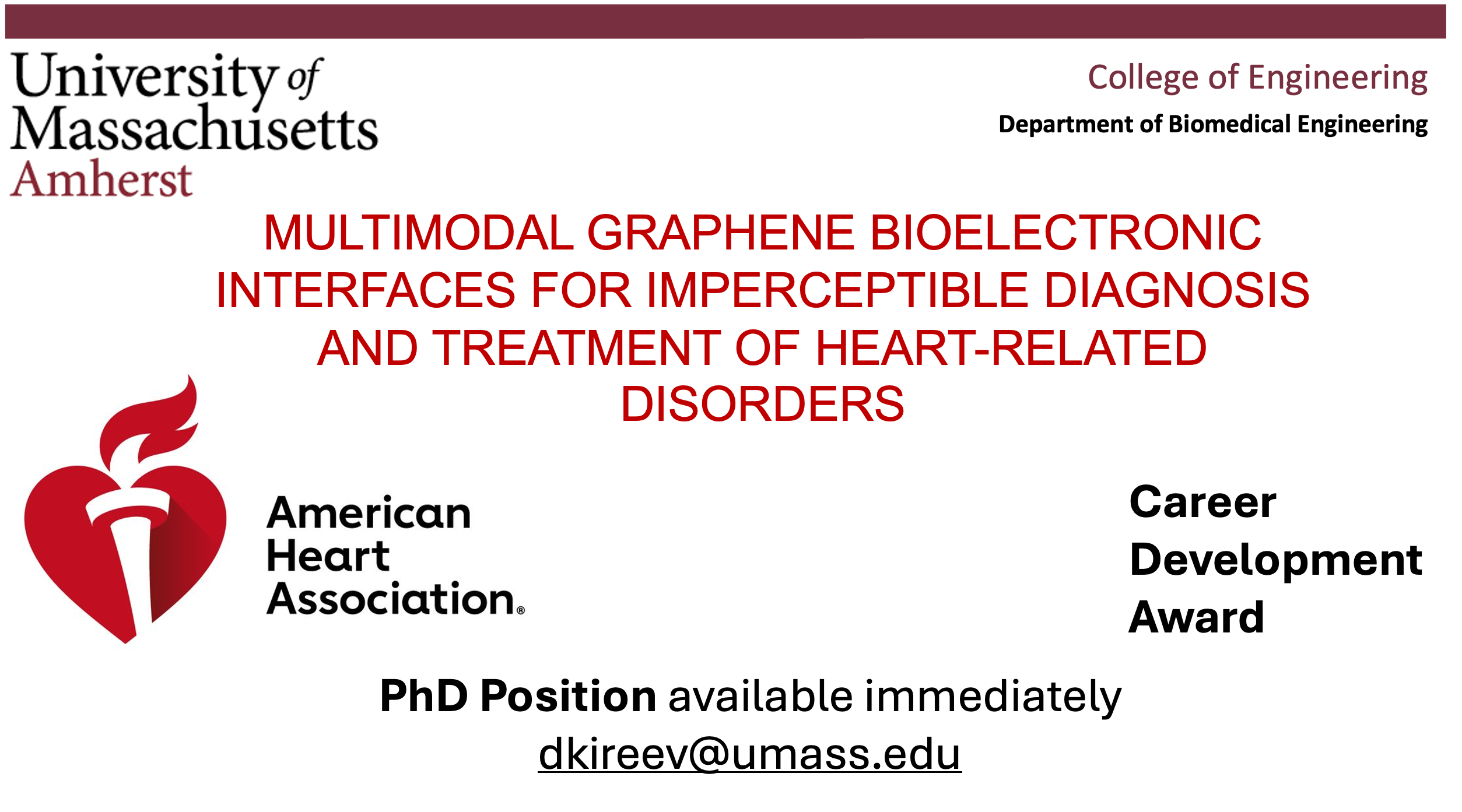
February 2024
A new NSF:EAGER grant
The team have received an award to develop a new type of sweat monitor that can be applied to the skin just like a temporary tattoo and assess the molecules present, such as cortisol. The tattoos will ultimately give individuals better insight into their health and serve as a tool for researchers to discover new early indications of diseases.
Graphene-Info; HoodLine; Bioengineer;
January 2024
Recruiting one PhD Student
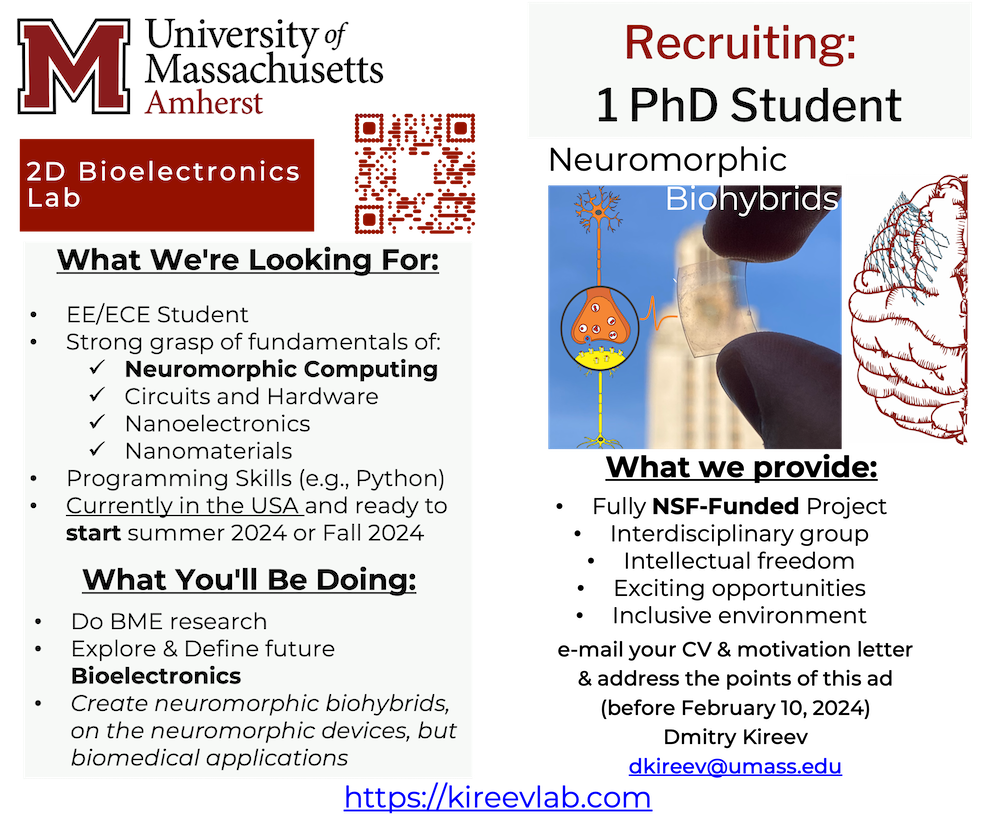
Reach out here: dkireev@umass.edu
November 2023
Dr. Kireev receives UT Austin’s Best Research Paper Hamilton Award from the University Co-Op
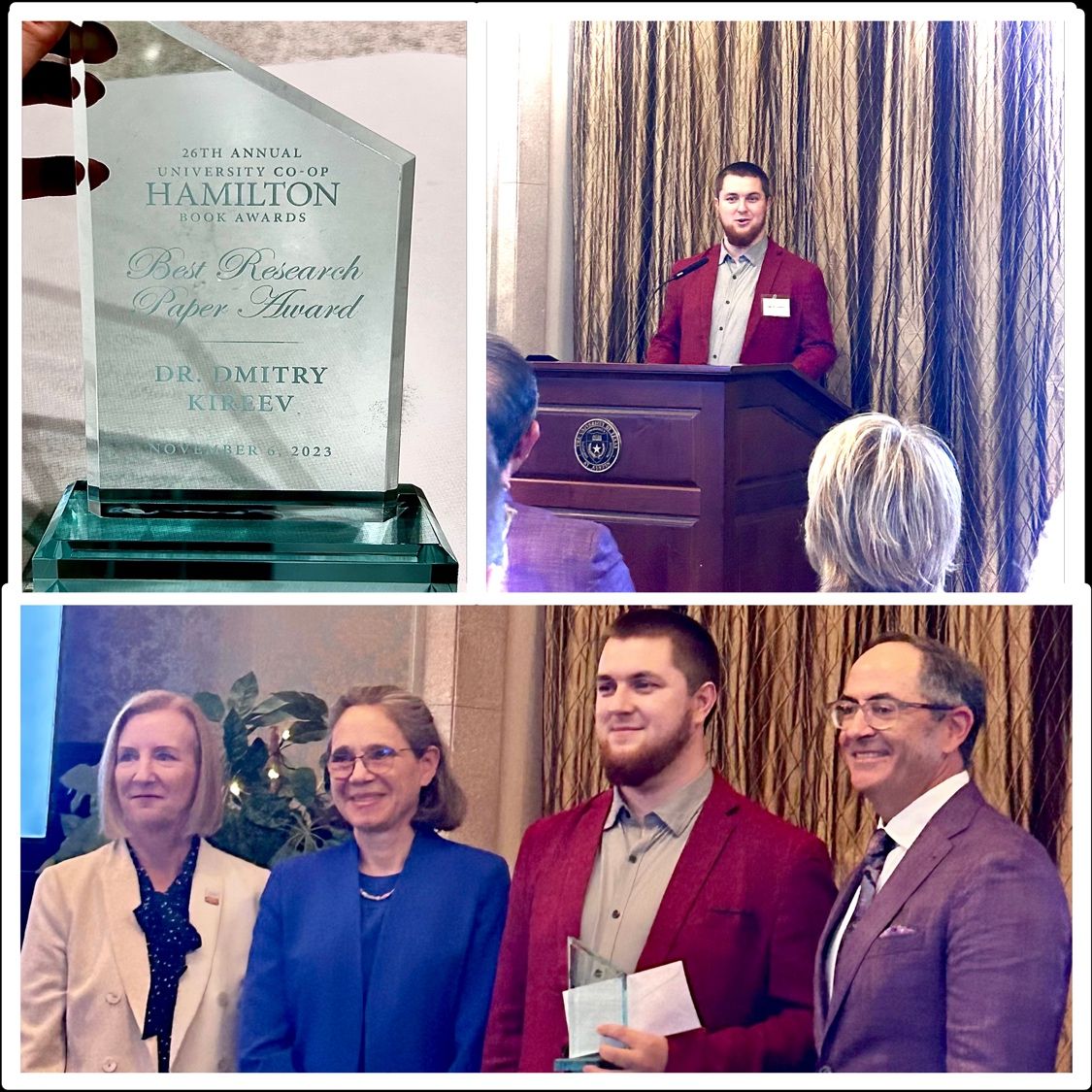
October 2023
First batch of UG Students are in the lab and making an awesome job!
Welcome Nathan Chang, Sean Morris, Monil Bhavsar, Om Tank, Alexandra Katsoulakis, Favour Nakyazze, Max Mchugh, and Siddh Merchant!
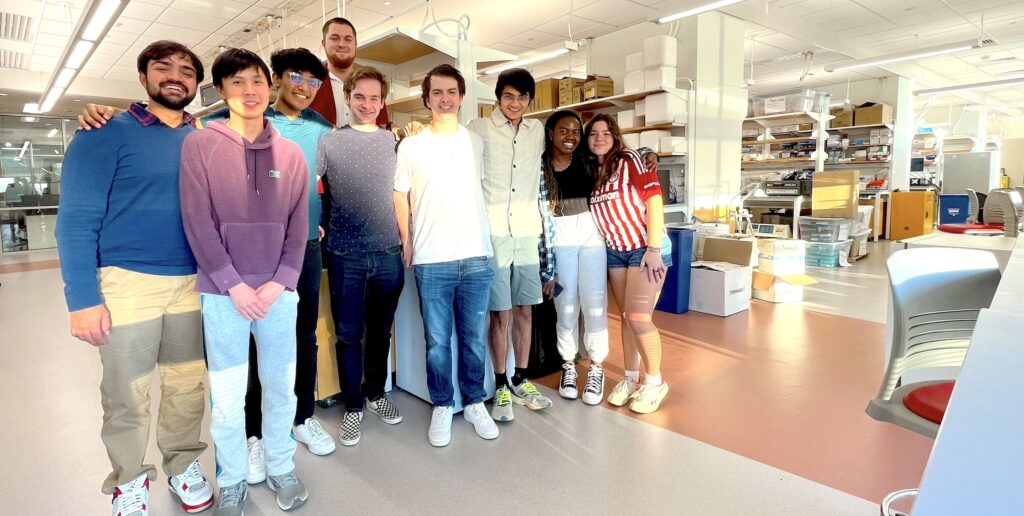
May 2023
Starting the Independent Lab at UMass Amherst in Fall 2023
Dr. Kireev is moving to the University of Massachusetts at Amherst and the “2D Bioelectronics Lab” will be rolling out!
Perspective PhD students and Postdocs, reach out here.
December 2022
Nature Nanotechnology paper receives global media coverage
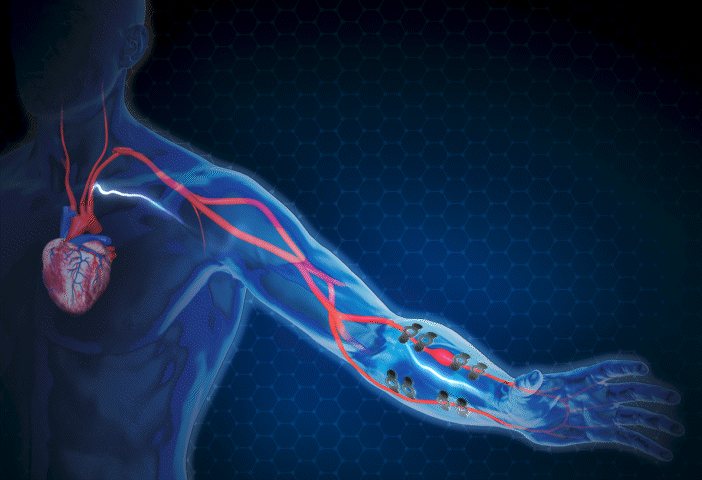
We have reported on the development of graphene e-tattoos for continuous blood pressure monitoring using bio-impedance. Work is now published in Nature Nanotechnology, and is a collaboration with Texas A&M University.
Several media outlets have reported on this significant achievement: UTexas News Release ; The Daily Texan; KXAN News Station Live Coverage ; IEEE Spectrum
New Scientist; ACS C&EN ; Daily Beast ; Physics World
Physics Org ; CNN;
September 2022
Computer chips that think like brains
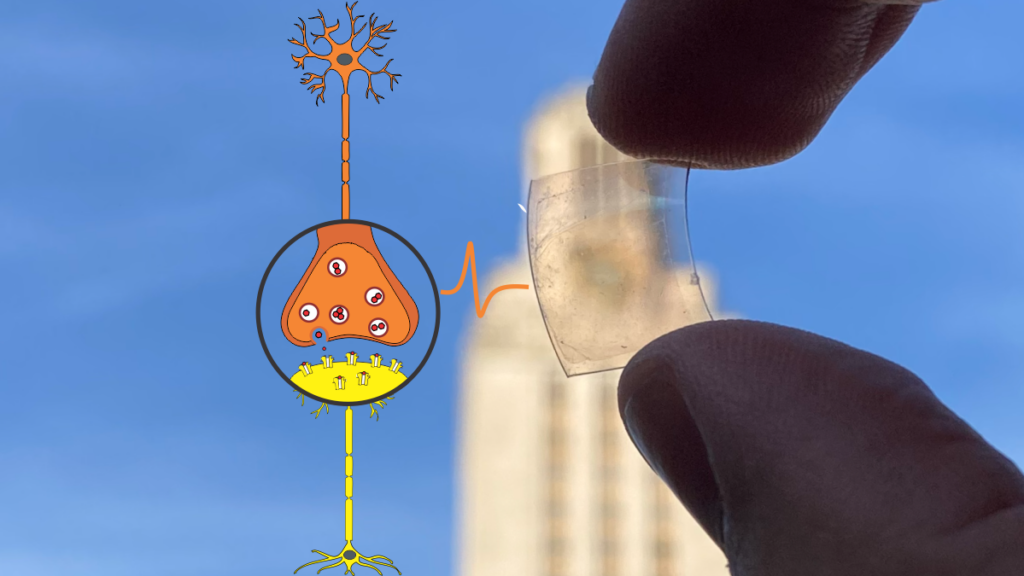
So far, the standard computer doesn’t have any thoughts, and algorithms do everything. But we are hoping to change that.
See the full video news feature here: https://bit.ly/3VefiCh
